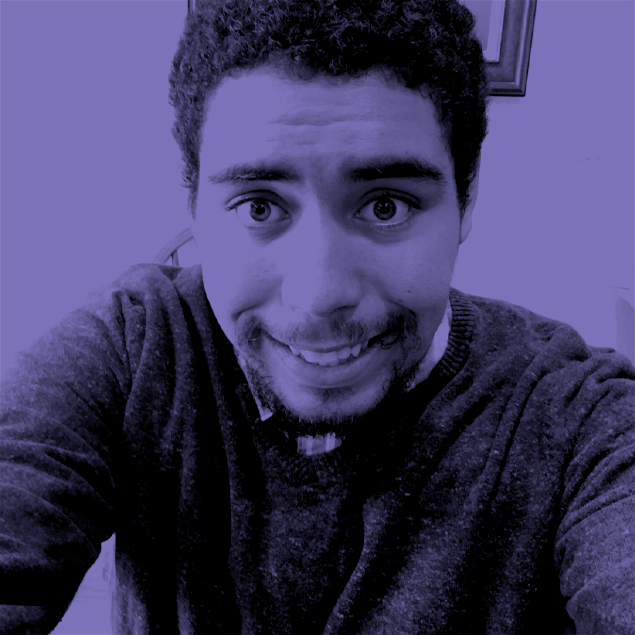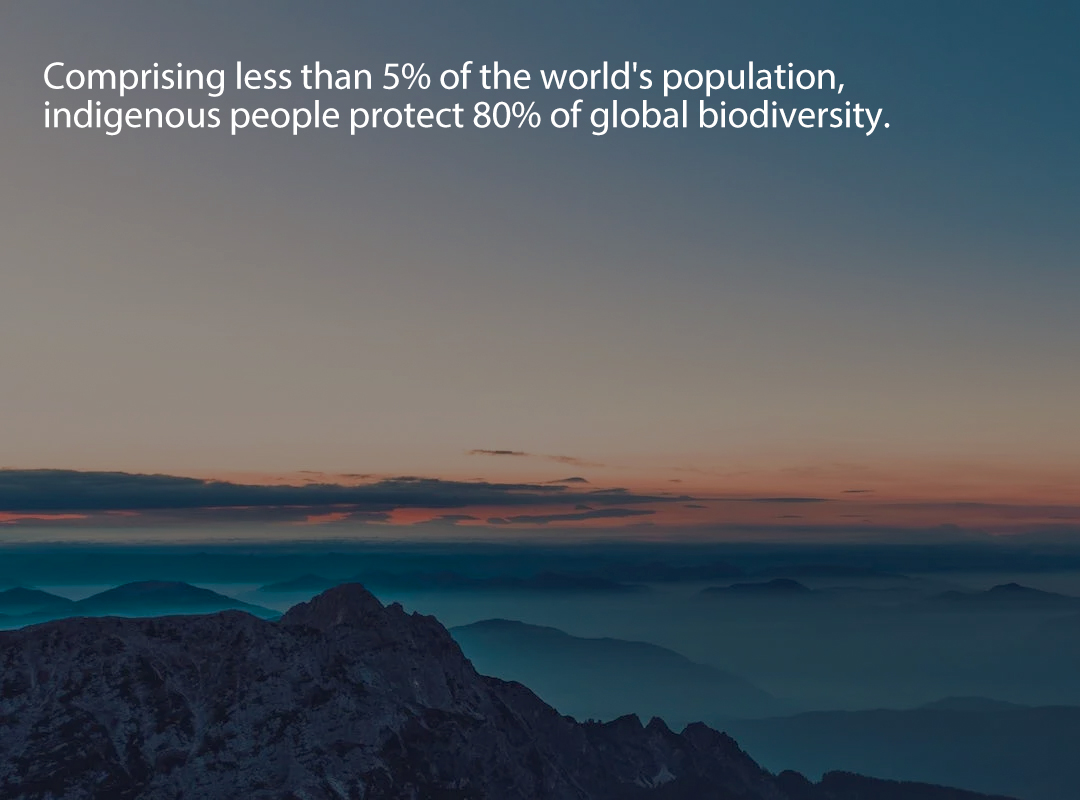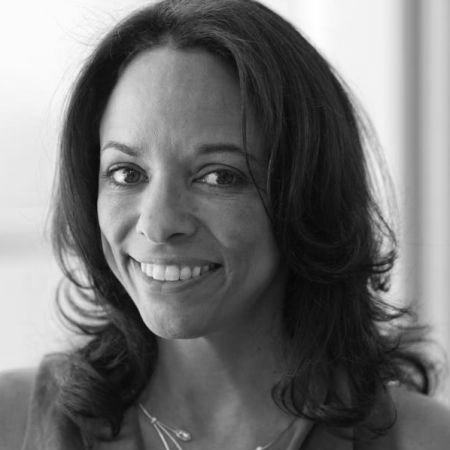
The Design Observer Twenty | Sponsored by IDEO
The Design Observer Twenty is our curated selection of twenty remarkable people, projects, and big ideas solving an urgent social need.
In the U.S. alone, the Indigenous people who survived genocide lost nearly 99% of their land. Through removal and betrayal, they were pushed into less-valuable areas that often severely limited their long-term health and economic opportunities. Today, Indigenous communities are facing the growing threat from climate change hazards, as extremes in heat and precipitation imperil already fragile lands.
Niiyokamigaabaw Deondre Smiles, PhD (Leech Lake Band of Ojibwe), assistant professor of geography at the University of Victoria, whose work focuses on a variety of elements of Indigenous identity and history, says geography offers a meaningful tool for activism.
“Indigenous geography means different things to different people, but to me, it’s about space and place, and how our environments deeply impact the way we move through our lives, the activities that we do, the work we choose, and why we live where we live.” Geography, broadly defined as the study of the Earth and the forces that shape it, holds the human element at a safe distance, Smiles says. “Whereas Indigenous geography says, no, we're not separate from our environments.”
Smiles launched the Geographic Indigenous Futures Collaboratory (GIF) in 2021 as the principal investigator, to begin the work of supporting communities doing vital work on their own behalf. It’s a process as varied as their needs. “There’s no one standardized methodology between communities because each community's needs are going to be different, right?” Some, like an early project on Vancouver Island, will help map impacts of climate change. Others will generate oral histories or run focus groups with elders or knowledge holders, to better inform political processes.

Indigenous Peoples are culturally distinct societies and communities. Source: The World Bank
It’s an exercise in capacity building, at the direction of the community, Smiles says. “The tools, the maps, the data, whatever we do, it all belongs to them.”
But it’s also an exercise in patience, humility, and consent, working with communities facing specific place-based challenges — like gathering data for a policy campaign or tracking health and economic impacts of rising temperatures — but who share the experience of colonial violence. “A lot of times Indigenous communities are more wary of me, actually, because I have the veneer of an insider when I am still very much an outsider to them,” he says. And many are wary of academics — including Indigenous ones — who did more harm than good. Case in point: The American Anthropological Association issued a detailed public apology in 2022 for its decades-long mistreatment of Indigenous communities; support for racist ideas and eugenics; and the profession’s plunder of cultural knowledge, artifacts, and human remains.
Given that history, the answer is to be fully present, Smiles says. “Communication, communication, communication. Be open and transparent. If they’re pushing back, that’s still communicating. You have to be willing to listen.”
GIF now has a total of eight members — “they are amazing human beings, be sure you mention that” — Smiles says, and as he presents the concept online and at lab-hosted symposia, more geographers from around the world — from New Zealand to India — are asking to join or collaborate. In addition to supporting local communities doing vital work, he’s hoping that what the lab learns about Indigenous issues will inform research going forward. But he also hopes that the lab’s focus on relationship-building will transform the way academics define success.
“We’re building relationships; we’re not focused on the next big grant or journal article. We’re thinking, ‘Where is the next small-scale success going to come from?’ Because those are the ones that really matter.”
Essay by Ellen McGirt.

